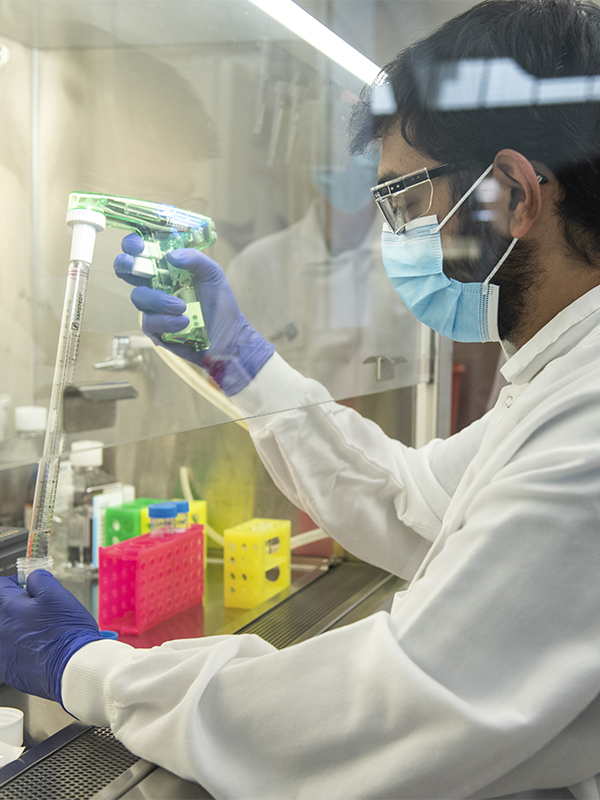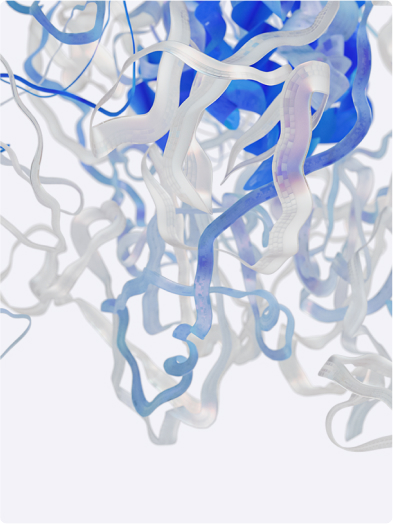Vaccine Education Information
The human body is constantly dealing with invaders. Most of the time they’re detected and destroyed before they can do any harm.
But there are times when it’s not a fair fight.
Throughout our history, viruses like smallpox and influenza have killed hundreds of millions of people. So when it was discovered that the body could be armed ahead of time to fight the invader by inoculation with a vaccine,it was hailed as a breakthrough.
Since then, vaccines have repeatedly confirmed their place as one of the greatest public health advancements of all time. And their widespread use has resulted in the control, elimination, or near-elimination of many infectious diseases that were once pervasive and often fatal.
At Pfizer, we have a long history in vaccine research and development, including a pivotal role in the eradication of polio and smallpox. Through the development of innovative delivery systems and technologies (the term often used is “novel vaccines”), we’ve created innovations for preventing deadly bacterial infections like those caused by S. pneumoniae and N. meningitidis.
Today, more than at any time in history, people are benefiting from safe and effective vaccines to prevent infections and diseases. These injections have protected people of all ages, from newborns to seniors.
However, our work is not done. Many viruses and bacteria still present a serious health risk, and so we continue to focus on research and development in new areas, with the goal of adding more approved vaccines to tackle pathogens.
Prevention is the Best Medicine
When a patient has a serious infection, they may be treated with antibiotic or antiviral drugs that aid their body in fighting the pathogen. While these medicines can be effective, fighting an infection once it’s advanced and the patient is hospitalized is not as easy as as preventing it in the first place.
Vaccines work by preparing the body’s immune system with a defense against the pathogen. The virus or bacterium is recognized, neutralized, and destroyed, often before it can spread.
Vaccines: Protection for All Age Groups
To help protect as many people as possible from life-threatening illness, we’re working to develop and distribute vaccines throughout the world. We’ve already seen that by channeling resources to the most promising public health opportunities, we can have an impact across all areas of life.
Focus Areas: Vaccines
Our Vaccine Research & Development program includes an ongoing focus on the prevention of respiratory diseases, including pneumococcal disease, respiratory syncytial virus (RSV) and COVID-19.
We’re also advancing vaccines for additional serious childhood, adolescent and adult infections, including meningococcal disease, Lyme disease, and C difficile.
Vaccine Resources
Recent breakthroughs in vaccine development are showing promise on many different fronts. Learn about our experience in vaccines—spanning more than a century, the latest vaccines in the development pipeline, and more.
Vaccines: Hope for the Developing World
Millions of infants and young children in resource-limited countries are being protected from pneumococcal disease through private-public partnerships.
Learn about our pledge to the developing world, how we’re driving innovation, and how we’re partnering with Gavi, the global vaccine alliance.
Pfizer is committed to working with the global health community to accelerate access to our vaccines in the world’s poorest countries. Learn more about our pledge under Gavi’s Advance Market Commitment.
We’re creating and sustaining access to vaccination through the development of innovative technologies, formulations, and management systems that meet the challenges of the developing world.
Learn about new funding to support refugees and internally displaced people.
Areas of Focus
Revolutionary medicines have the power to enrich and extend life across many disease areas. Explore our latest innovations.
How Drugs Are Made
The medicines available today have taken an average of 12 years to develop. With dedication, creativity, and science, we can significantly decrease that time.
















